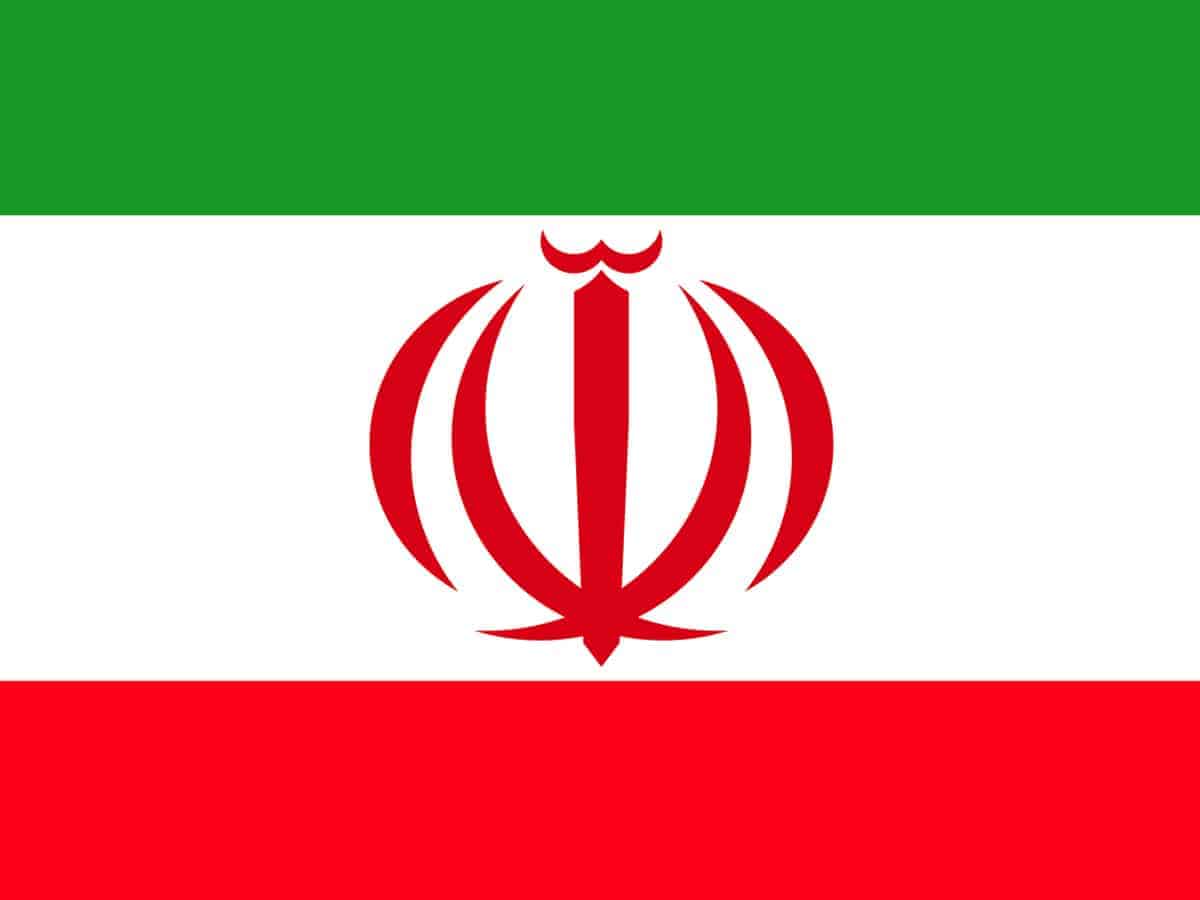Tehran: Iran will not sacrifice its demands to deadlines or “artificial timetables” of the ongoing nuclear talks, according to a commentary published by official IRNA news agency.
After a nearly six-month pause, the talks aimed at salvaging the 2015 Iranian nuclear deal resumed on Monday in the Austrian capital of Vienna, Xinhua news agency reported.
According to the IRNA report, with the presence of representatives from Iran, the P4+1 group, namely Britain, China, France, Russia plus Germany as well as the European Union, the nuclear talks began at the expert level on Wednesday morning.
The expert-level meetings of the Joint Commission of the 2015 nuclear deal, formally known as the Joint Comprehensive Plan of Action (JCPOA), are set to discuss the removal of US sanctions on Iran and the mechanisms for the parties to re-embrace their commitments under the accord.
“Representatives of the Islamic Republic of Iran reaffirmed Tehran’s fundamental position on the need for effective lifting of sanctions against the Iranian people and encouraged other members to participate constructively in the talks,” according to IRNA on Wednesday.
Meanwhile, representatives of other countries expressed their “readiness and seriousness” to engage in the issue of lifting sanctions.
Ali Bagheri Kani, Iran’s Chief nuclear negotiator, is optimistic about the future of the talks and has stressed his country’s serious will to negotiate and its readiness to reach an agreement.
The majority of diplomats involved in the talks have described the atmosphere of talks as “positive”.
However, IRNA insisted that Iran will not be willing to sacrifice the principled demands and rights of the Iranian people to deadlines or artificial timetables that might be proposed for the conclusion of talks.
“The Islamic Republic of Iran has sufficient will and desire to reach a fair agreement that serves the interests of the Iranian people, and is ready to reach an agreement as soon as possible if other parties take constructive positions. At the same time, Iran does not place itself in a state of emergency and considers reaching a good and precise agreement more important than reaching a quick agreement,” it added.
Between April and June, the JCPOA Joint Commission, attended by a US delegation indirectly, held offline talks in Vienna to discuss a possible return of the US to the JCPOA, which it left in 2018, and how to ensure the full and effective implementation of the deal.

